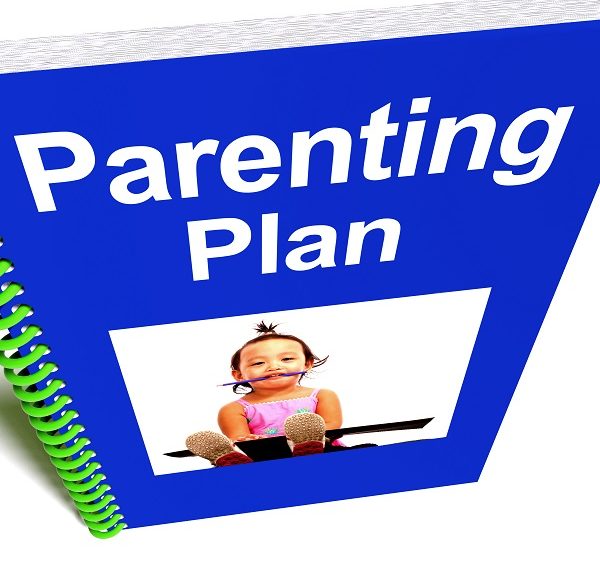Ask most any parent going through a divorce, and he or she will tell you that the welfare of the kids is of the utmost importance. Unfortunately, it does not always play out that way. Kids are human beings, just like adults, and they will react both positively and negatively to various circumstances. It is important for divorcing parents to develop a good parenting plan, and then pay attention. Given the human variable, children may not always fare well under even the best of plans.
An important thing to remember is that children have not reached maturity. As they go through developmental stages, the parenting plan may need to be adjusted. For example, visitation by a non-custodial parent for an infant will be much different than for an adolescent. Along the way after a divorce, parents should be watchful for signs of distress in their children and recognize that it looks different depending on age.
An improperly parented and cared for infant may cry excessively, eat inconsistently or not fully, and not sleep properly. This can lead to growth and development problems such as being underweight and general malaise. Divorced parents who witness these tendencies may want to consider whether their care arrangements are causing any of the problems.
As a child grows during infancy, he becomes more aware of his surroundings and the people in his life. This becomes more relevant as a child reaches the toddler stage. Stress in children at these stages can, in addition to crying, include abnormal attachment to a parent or caregiver, sleep and appetite issues, and attention-getting behavior. Toddlers will begin to express concerns orally, asking about the other parent, refusing instructions, and making demands.
As children get older and start to have interests beyond the home, stress resulting from parenting issues will take other forms. Kids may demonstrate anti-social behavior with peers in school, clubs, and sporting activities, single out one parent for blame, and withdraw from others at home and school. As adolescence is approached, depression can be a sign of parenting issues, as well as aggressive behavior and confusion over loyalty to one parent or the other.
Adolescence can bring a whole host of behavioral problems to children that have nothing to do with a parenting plan. Therefore, it can be hard to discern whether parents are making mistakes. In addition to depression during this stage of development, suicidal thoughts may occur, as well as drug or alcohol use. While withdrawal is a common thing for adolescents, anxiety over parental issues may make it worse, so parents should be sensitive to whether that behavior can be connected to custody transitions or other events involving one parent or the other.
Parenting children is complicated even in the traditional nuclear home. All of the stress-related behaviors mentioned can occur in any family. For divorced parents, however, balancing the custody and care responsibilities for children naturally produces some level of stress. It is important to watch for signs of undue stress and adjust accordingly.
The attorneys at the Law Offices of Judy L. Burger have extensive experience in family law matters, including complicated parenting plans. We can advise you about the many different issues that can impact the parenting of children after divorce. Contact us today to learn how our attorneys can help you in your case: (415) 293-8314.





